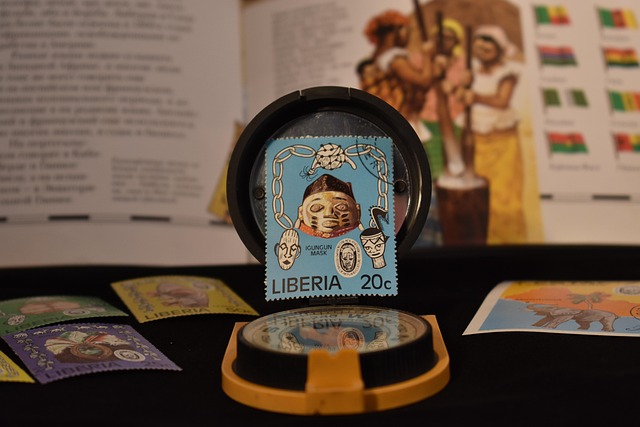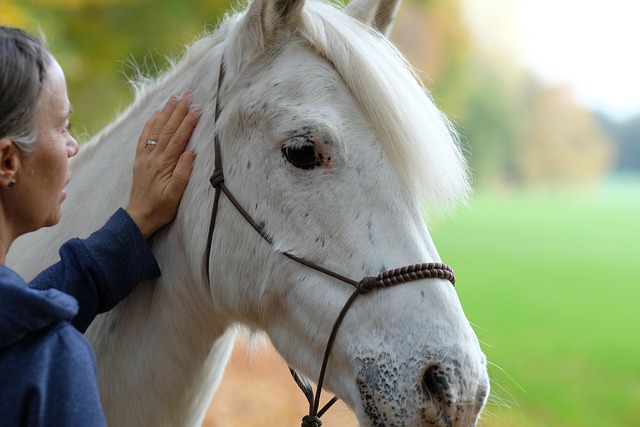
The Mennonite Measles Outbreak
Measles, a disease that many thought was a relic of the past, has made a rather unwelcome appearance in the Mennonite community of West Texas. This situation has raised eyebrows and concerns, as it highlights the complexities of public health, community beliefs, and of course, the importance of vaccines. Let’s dive into this topic with a light-hearted approach, because who doesn’t need a chuckle when discussing serious matters? 😅
Who Are the Mennonites?
The Mennonites are part of a larger family of Anabaptist groups, which also includes the Amish and Hutterites. They have a rich history that often involves a commitment to peace, community, and a generally simple lifestyle. The specific group at the center of the measles outbreak is known as the Old Colony Mennonites, who originally hail from Russia but have settled in various parts of North America, including Texas.
The Measles Situation
Recently, a measles outbreak was reported in Seminole, Texas, a small town with a population of just over 7,000. This news put local physicians on high alert, as they scrambled to address the health risks associated with the disease. Measles is highly contagious, and it can spread like wildfire in communities with low vaccination rates. It’s a bit like that one friend who brings potato salad to a BBQ—everyone’s going to have a taste, whether they want to or not.
Vaccination and Community Beliefs
One of the key factors in this outbreak is the community's relationship with vaccines. The Old Colony Mennonites have historically been skeptical of modern medicine, which can lead to lower vaccination rates. This skepticism is often rooted in a desire to maintain traditional lifestyles and a belief in divine protection. It's a classic case of “God helps those who help themselves”—or in this case, perhaps “God helps those who don’t believe in needles.”
Public Health Response
In light of the outbreak, public health officials have been working diligently to educate the community about the benefits of vaccination. It’s a tough sell, akin to trying to convince a cat to take a bath. However, health experts emphasize that vaccines are essential not just for individual protection, but for the well-being of the community as a whole. Herd immunity is not just a catchy phrase; it’s crucial for keeping diseases at bay.
What’s Next?
The situation is evolving, and health officials are monitoring the outbreak closely. It’s a reminder that, while we may think we’ve conquered certain diseases, they can always make a comeback, especially in communities where vaccination rates are low. It’s like that one song you thought was overplayed but somehow keeps popping up on your playlist.
Conclusion
The Mennonite measles outbreak serves as a wake-up call for everyone. It’s a reminder of the importance of vaccines and the need for open dialogue between communities and health officials. Let’s hope that this situation can be resolved quickly, and that the only thing spreading in these communities will be good health and laughter—preferably not measles. So, let’s roll up our sleeves and get those vaccinations, folks! 💉

















 The Curious Case of Millennials: Unpacking the Stereotypes
The Curious Case of Millennials: Unpacking the Stereotypes 
 Health
Health  Fitness
Fitness  Lifestyle
Lifestyle  Tech
Tech  Travel
Travel  Food
Food  Education
Education  Parenting
Parenting  Career & Work
Career & Work  Hobbies
Hobbies  Wellness
Wellness  Beauty
Beauty  Cars
Cars  Art
Art  Science
Science  Culture
Culture  Books
Books  Music
Music  Movies
Movies  Gaming
Gaming  Sports
Sports  Nature
Nature  Home & Garden
Home & Garden  Business & Finance
Business & Finance  Relationships
Relationships  Pets
Pets  Shopping
Shopping  Mindset & Inspiration
Mindset & Inspiration  Environment
Environment  Gadgets
Gadgets  Politics
Politics 